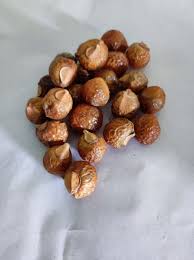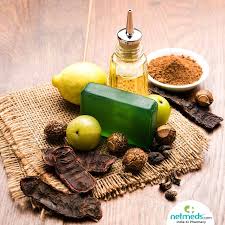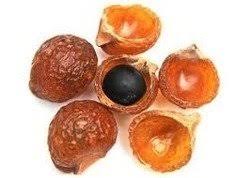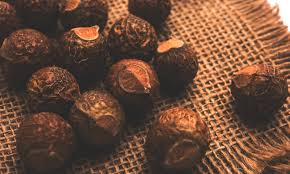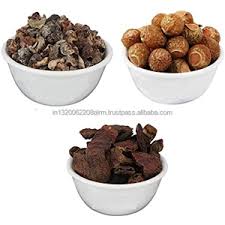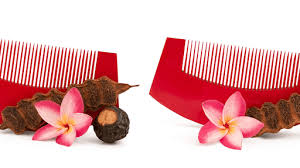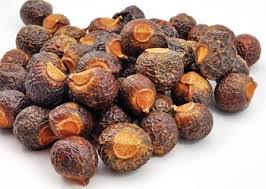How Bapchi Seed Helps in Treating Skin Conditions Like Vitiligo
Babchi seed, also known as Bapchi (Psoralea corylifolia), is a well-known Ayurvedic remedy for treating skin disorders like vitiligo, psoriasis, and eczema. Its key compound, psoralen, stimulates melanin production, helping restore skin pigmentation. Traditional medicine has used Babchi for centuries to heal skin, reduce inflammation, and promote a natural skin tone.
In this guide, we’ll explore:
✅ How Babchi seed works for vitiligo and other skin conditions
✅ Different ways to use Babchi for skin health
✅ Its benefits, side effects, and precautions
If you’re looking for a natural solution to vitiligo, this article will help you understand how Babchi seed can be a game-changer.
Long Description
What is Babchi (Bapchi) Seed?
Babchi (Psoralea corylifolia) is a powerful medicinal plant widely used in Ayurveda, Unani, and Traditional Chinese Medicine. It is packed with natural compounds like psoralen and bakuchiol, which have strong antibacterial, antifungal, and anti-inflammatory properties.
One of the main reasons Babchi is famous is its ability to help people suffering from vitiligo by stimulating melanin production in depigmented skin patches.
How Does Babchi Seed Help in Treating Vitiligo?
Vitiligo is a skin condition where white patches appear due to a loss of melanin. Babchi seed is one of the best natural treatments for vitiligo because:
✅ Boosts Melanin Production – Psoralen in Babchi increases melanin synthesis, helping restore skin color.
✅ Improves Skin Pigmentation – When applied topically, Babchi oil or paste helps darken white patches gradually.
✅ Enhances Skin Regeneration – Helps repair damaged skin cells and reduces oxidative stress.
✅ Antifungal & Antibacterial Properties – Prevents infections and flare-ups in sensitive skin.
✅ Balances Immune Response – Helps regulate immune functions that may be attacking melanin-producing cells.
Ways to Use Babchi for Skin Conditions
1. Babchi Oil for Vitiligo
- Mix Babchi oil with coconut oil and apply it directly to affected areas.
- Leave it on for 30–45 minutes before washing off with mild soap.
- Repeat once daily for best results.
2. Babchi Powder for Internal Use
- Take 1–2 grams of Babchi powder mixed with warm water.
- This helps boost internal healing and immune balance.
3. Babchi Paste for Skin Disorders
- Grind Babchi seeds into a fine powder.
- Mix with rose water or aloe vera gel and apply to white patches.
- Let it dry for 15 minutes, then wash off.
⚠️ Note: Always do a patch test before applying Babchi to your skin.
Other Benefits of Babchi (Bapchi) Seed for Skin
✔️ Heals Psoriasis & Eczema – Reduces redness, flaking, and irritation.
✔️ Treats Acne & Scars – Helps clear acne and lightens dark spots.
✔️ Prevents Premature Aging – The antioxidants in Babchi keep skin youthful and radiant.
✔️ Treats Fungal Infections – Acts as a natural antifungal against ringworm and athlete’s foot.
Possible Side Effects & Precautions
Even though Babchi is a natural remedy, overuse can cause:
⚠️ Skin Irritation & Redness – If applied in high concentrations.
⚠️ Sun Sensitivity – Increases UV sensitivity, so apply sunscreen after using Babchi oil.
⚠️ Liver Toxicity – Avoid excessive oral consumption.
✔️ Precautions:
✅ Always consult an Ayurvedic expert before using Babchi internally.
✅ Do a patch test before applying Babchi oil to the skin.
✅ Use under medical supervision if pregnant or taking medications.


